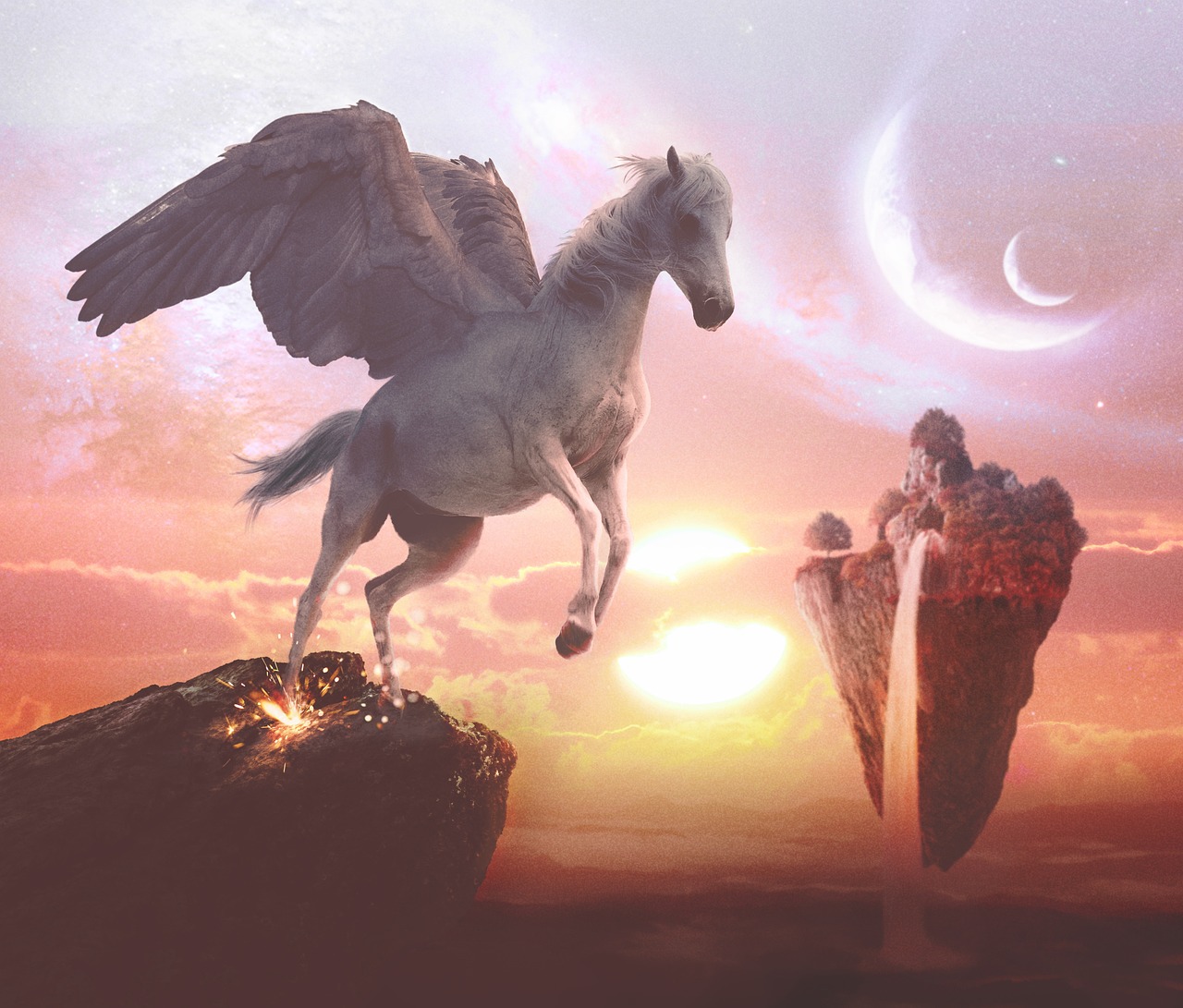Odin, the mighty monarch of the Norse pantheon, often found his place upon Hildskialf, the revered throne of the Aesir gods. Accompanied by his two devoted ravens, Hugin (representing Thought) and Munin (representing Memory), he was privy to the happenings across all nine realms. Frigg, his wife, was the only other deity granted such a distinguished honor to share the throne. She was not only Odin’s beloved spouse but was also believed to be his daughter. Frigg possessed remarkable foresight, equaling Odin’s wisdom, yet her insights did not burden her like they did Odin.
Frigg ruled over her own residence, Fensalir, where she spun clouds that drifted above Midgard. Her palace also served as a sanctuary for married souls in the afterlife who wished to remain together. This stood in contrast to Valhalla, Odin’s favored abode, where he engaged in endless feasts with warriors and Valkyries, seemingly unaffected by his preparation for Ragnarok.
Balder the Radiant
Among the Norse gods, Frigg and Odin’s son Balder (also referred to as Baldur or Baldr), renowned for his beauty, represented truth and light. He was also well-versed in healing herbs and runes, earning adoration from the Midgard inhabitants. Residing in the palace named Breidablik alongside his spouse Nanna, a goddess of vegetation, it was believed that no lies could infiltrate the walls of Balder’s home. However, when Balder started to have ominous dreams foreshadowing his end, the Aesir took them to heart. Unlike other pantheons, the Norse gods were not immortal, prompting Frigg to seek guarantees from everything across the nine realms for Balder’s safety. Given Balder’s universal affection, this task was relatively simple.
Once she completed her vow-seeking mission, Frigg joined the Aesir in Gladsheim for a celebration. Amidst drinks and toasts, they decided to test Balder’s newfound invulnerability. They hurled pebbles and weapons, including Thor’s famed axes, at him, all of which merely bounced harmlessly away.
Loki the Deceiver
Loki, widely recognized as a trickster, often combined mischief with wit. The son of a giant and not inherently evil, his role often involved stirring chaos during peaceful times — akin to the superstitions of theater performers wishing to ward off bad luck by telling someone to “break a leg.”
Displeased by the cheerful atmosphere, Loki disguised himself as a grotesque old woman and approached Frigg during her reprieve in Fensalir. Curious about the ongoing celebrations for Balder, Loki inquired about the weapons being thrown his way. Frigg explained her conquest in securing promises of safety, yet she mentioned she had overlooked one small detail — mistletoe.
Armed with this critical information, Loki ventured into the woods to find mistletoe. Upon returning to the gathering at Gladsheim, he encountered Balder’s blind sibling, Hod, who was unable to participate in the festivities due to his lack of sight. Loki offered him help to aim, handing Hod a seemingly harmless branch of mistletoe to throw.
Hod, grateful for the assistance, took aim with Loki’s guidance. The mistletoe struck Balder in the chest, resulting in his immediate death. The serene celebration was swiftly replaced by grief as the gods turned towards Hod, who stood alongside Loki. In a flash, Loki fled, leaving devastation in his wake.
As the most cherished deity had fallen, Odin alone recognized the grim repercussions of this tragedy; he understood that Balder’s death heralded the approaching doom known as Ragnarok.
A grand funeral pyre was constructed, necessitating aid from the giants. The gods made offerings of their most treasured belongings, with Odin placing his golden ring Draupnir upon the altar. Overcome with grief, Balder’s wife died at the pyre, joining her husband in the afterlife.
Afterward, attempts were made to bring Balder back to life, yet Loki’s interference thwarted those efforts. Hel, the goddess presiding over the dead, offered Balder a chance to return to the living, contingent upon every creature shed tears for him. Though many loved Balder, Loki disguised himself as a giantess named Thok, remaining apathetic to the situation. Thus, Balder was unable to return, remaining in Niflheim with his wife.
Vali, another son of Odin, sought justice for Balder’s demise, not by targeting Loki, but by killing Hod. Meanwhile, Loki attempted to evade the Aesir’s retribution by transforming into a salmon and hiding in a waterfall. However, the Aesir pursued him, ultimately led to capture by Thor, who seized the fish barehanded. Subsequently, Loki was imprisoned in a cavern, subjected to venom dripping onto his body, a torment he would endure until Ragnarok unfolded.



